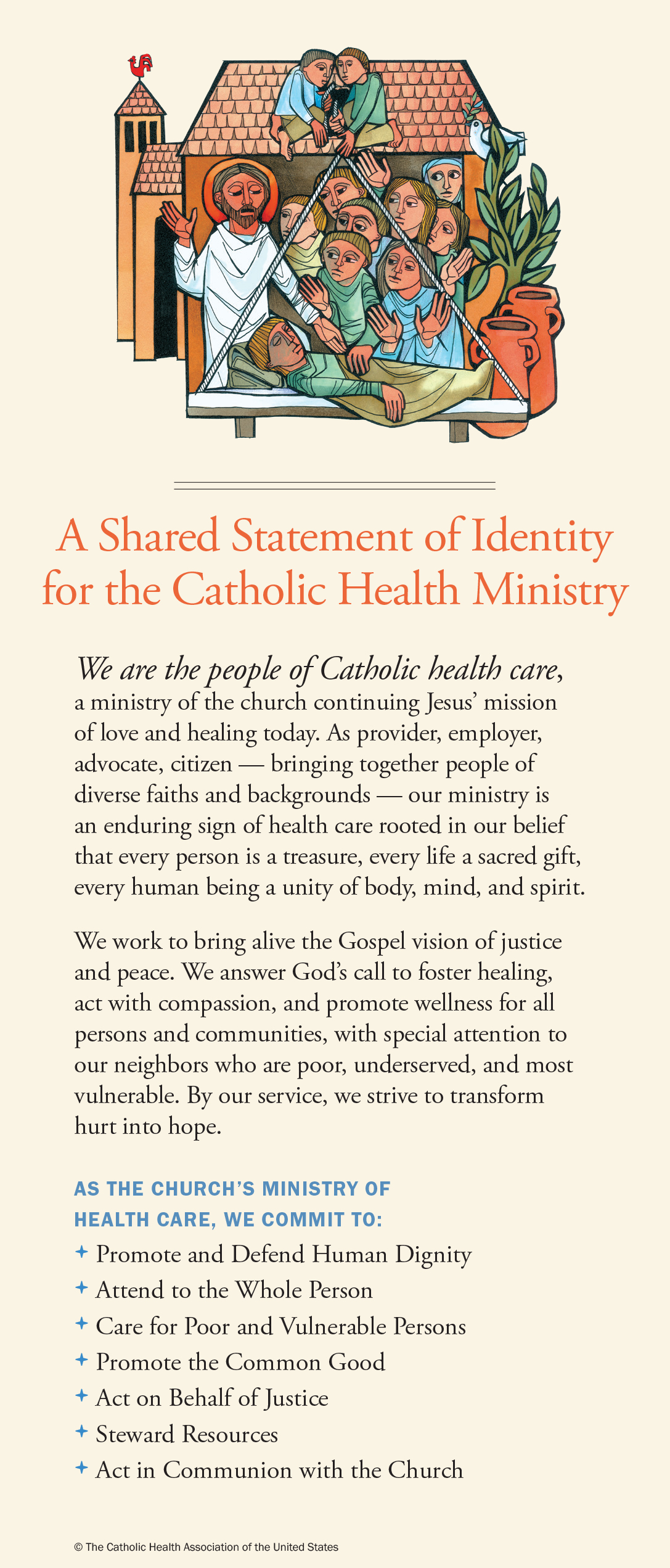BY: CHRISTOPHER PALOMBO, MA, MSHM, FACHE, DAVID A. NEU, PharmD, MSHSA and NANCY ZEUCH LIM, MPH
 Although the Affordable Care Act has helped many obtain health insurance, lack of coverage for low-income Americans' prescription medications weighs down an other-wise improving national health care model and inflates costs. Consistent access to the medication they need helps people better manage chronic conditions and reduce acute health incidents and related emergency care.
Although the Affordable Care Act has helped many obtain health insurance, lack of coverage for low-income Americans' prescription medications weighs down an other-wise improving national health care model and inflates costs. Consistent access to the medication they need helps people better manage chronic conditions and reduce acute health incidents and related emergency care.
In Nashville, Tenn., Saint Thomas Health and its medication distributor called the Dispensary of Hope (DoH) have developed a community-based model that benefits both hospital (or health care system) and its patient community.
Established in 2003 to pioneer a new system of pharmaceutical redistribution, DoH is a charitable community health initiative that recovers safe, usable surplus medication from drug manufacturers and medical systems for distribution to hospital outpatient and community pharmacies, federally qualified health centers and free clinics to dispense to those in need.
DoH is underpinned by Saint Thomas Health, a member of Ascension Health, the nation's largest nonprofit and largest Catholic health system, but the medication distributor works with many health systems and pharmaceutical companies in a national dispensing network.
When Saint Thomas Health began its outpatient pharmacy program in the late 1990s, service to the poor was a critical component. At first, the pharmacy spent more than $100,000 annually to procure nonreimbursed medications for 45 patients with no means to purchase life-improving drugs. When the Dispensary of Hope model was developed and donated medications began to fill pharmacy shelves, Saint Thomas was able to reinvest the procurement budget into staff who grew the program to handle more than 1,800 charitable patient encounters each quarter. The program continues to expand.
The medication donation program addresses a gap in pharmaceutical distribution allowing patients to receive drug therapy until they can access a more sustainable service, like a pharmaceutical company patient assistance program (PAP) or Medicaid. The donation program also can meet continuing uninsured patient medication needs when it is used in concert with other resources, such as the federal Health Resources and Service Administration's 340B drug pricing program, PAP, hospital foundation charity care or $4 drug programs at retail outlets.
Pharmacists help the uninsured obtain the most economical drug options. For the health system, a charitable pharmacy plays a critical role to improve uninsured patients' outcomes through better management of chronic disease and avoidance of acute episodes requiring emergency and inpatient care. These programs save health care dollars while improving health outcomes of the uninsured through better management of chronic disease and avoidance of acute episodes requiring emergency and inpatient care. This frees up both operational and charitable funds as well as improving the patients' health.
In addition, other community health partners benefit from this model. Local safety net clinics and public health agencies often refer patients who have unmet prescription needs to DoH. Plus, at Saint Thomas Health, the social worker employed by the in-house charitable pharmacy program can connect patients to other resources both inside and outside the health system.
HOW TO GET INVOLVED
The Dispensary of Hope is set up to guide hospitals through the process of identifying and establishing community health need in conjunction with community benefit, pharmacy and readmission teams. That information helps demonstrate the importance and utility of the Dispensary of Hope services.
Community Need: Programs generally start by establishing the community need for greater access to free medications. Like all CHA members, some hospitals have a Community Health Needs Assessment; for them the first step is to review specific community needs for medication and around chronic disease. Organizations also can review the underlying causes of readmission to determine if non-adherence to medications due to cost is a significant issue. A patient survey also can be conducted to determine how many patients do not fill prescriptions because of the cost.
Location: Identifying an easily accessible location is critical. For some among the uninsured, obtaining medication can be complicated by limitations in the local transportation system.
Funding: Funding must be secured to grow or start any program. When opening a charitable pharmacy, startup funds often are generated from a hospital foundation, 340B reinvestment funds or the hospital's operational budget that will be saved by creating a healthier community through this service.
Coalition Building: Building the right coalition of stakeholders is key. The vice president of mission as well as the pharmacy, ER, outpatient clinic and community benefit directors are helpful partners. Hospitalist doctors and those associated with efforts to reduce readmissions also have a large stake in finding and using effective ways to improve patient outcomes and develop cost-effective treatment options that improve the health of an uninsured population.
For readers to learn more about how the Dispensary of Hope operates, or for information about how to become an access site, visit www.dispensaryofhope.org. DoH staff is always available to describe our efforts and how we can help. Anita Stanford, MSN, RN is the chief development officer and can be reached at [email protected].
CHRISTOPHER PALOMBO is the chief executive officer of Dispensary of Hope; DAVID A. NEU is executive director of pharmacy at Saint Thomas Health; NANCY ZEUCH LIM is executive director of community health and benefit, Saint Thomas Health. All are located in Nashville, Tenn. Saint Thomas Health is an Ascension ministry.